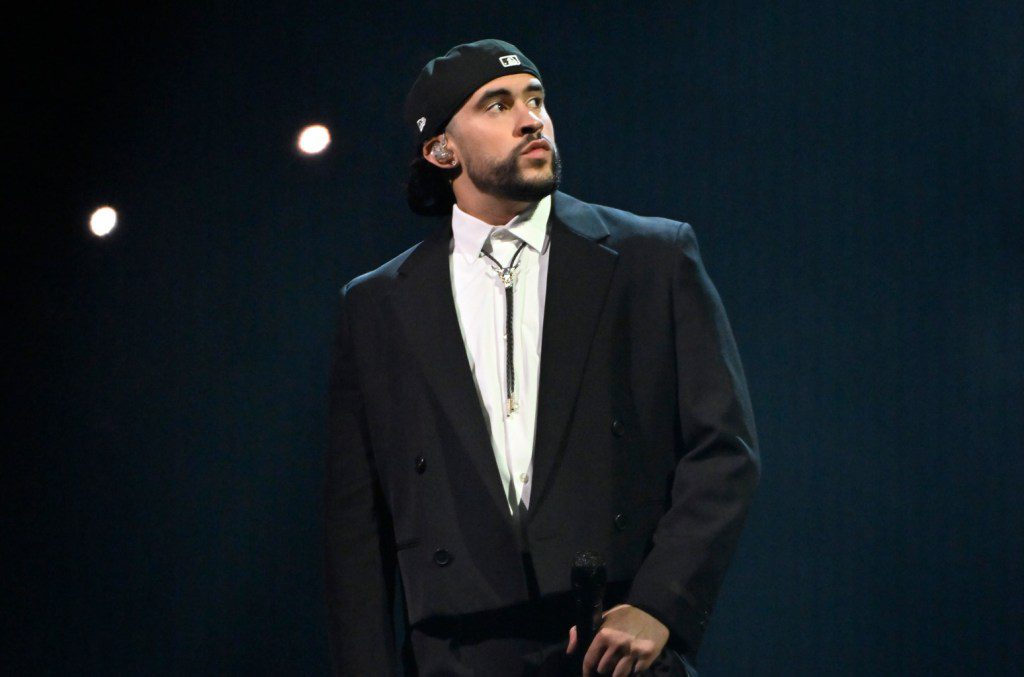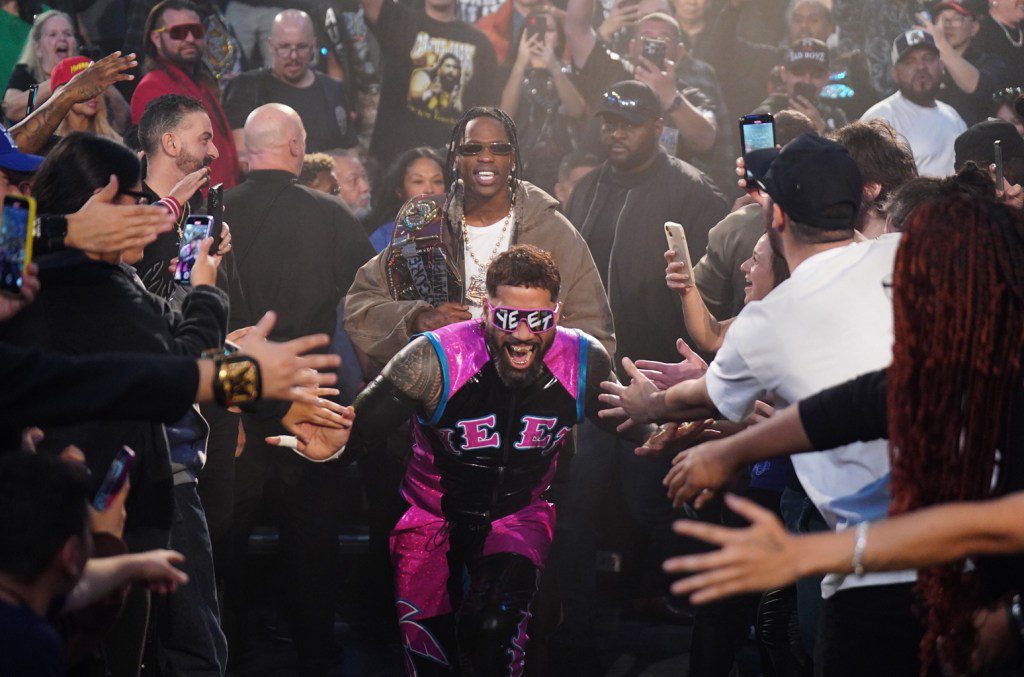AIM publishes research into alternative streaming model
The Association of Independent Music (AIM) has published research into an alternative streaming model that was modelled on the UK market.
As Music Week reports, AIM put forward the new model while giving evidence to the DCMS Committee inquiry into streaming.
The research into AIM’s Artist Growth Model was presented by Will Page, former chief economist of Spotify and PRS For Music, and David Safir during AIM’s virtual ‘How To Fix Streaming’ panel, the recording of which is now available to watch on YouTube – see below.
The open debate was attended by 500 industry professionals, including Page and those from major streaming services, organisations and government bodies.
As per the report, AIM’s Artist Growth Model aims to counter the current pro-rata streaming distribution models, which sees 80 per cent of all streaming revenue go to the top one per cent.
The proposed new model would distribute earnings more evenly, meaning an increased number of smaller and emerging artists could make a sustainable living from streaming. For example, taking a cut from the top 20 per cent most-streamed UK tracks and distributing it among the next 30 per cent.
Page likened this new approach to a tax model, saying: “Tax the very rich to help the less rich, and leave everyone else unchanged.”
The Artist Growth Model is the first alternative streaming proposal to be modelled across the market on the whole.
“This is holistic research – looking at the whole market, not just some, regardless of what you think of it, is a huge win for the inquiry – the fact that the industry is now able to discuss policy-in-the-round,” Page said.
“We’ve actually done holistic research…This is all the streams for one country, not a portion of the streams from one service. Regardless of whether you love it or hate it, that’s a giant step.”

Challenging the proposal, Musicians’ Union general secretary Horace Trubridge said: “This model is just a case of rearranging deck chairs. It doesn’t make more of the revenue that the labels receive available to performers and it completely ignores non-featured [acts].”
Elsewhere, it was questioned as to whether there should be a “minimum royalty rate” required for labels to pay their artists. Safir, meanwhile, said “there should be more communication, let’s work on this together”.
Speaking to NME back in April, Tom Gray of Gomez said that a “small redistribution of wealth” would be “a much fairer way to pay out consumers’ money”.
“The present scheme is total revenue split up by total streams, and that is how you get your per stream rate,” Gray said, adding that in a user-centric model “they just take your personal subscription and divide it up among whatever you listen to, just by what you listen to.”
It came after the musician’s #BrokenRecord campaign helped spark the inquiry.
Back in April, over 150 artists – including Paul McCartney, Kate Bush, Damon Albarn, Chris Martin, Noel Gallagher and Wolf Alice – signed an open letter to Prime Minister Boris Johnson asking to help reform the streaming economy.




